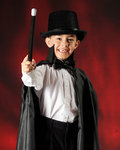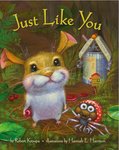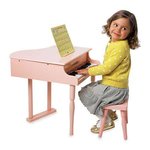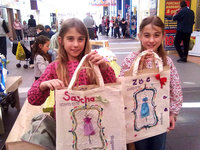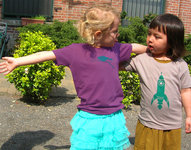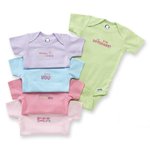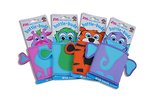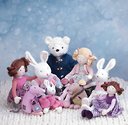Even in nature, youngsters love soft, cozy places. From baby birds in nests to little mice in beds of grass and weeds, moms lovingly construct comfortable places for their little ones to thrive. Human moms of course take this instinct a bit further and add all the fun decorative flourishes that take room design from the bare basics to fashionable and stimulating. Roman, Inc., Stephen Joseph, Douglas, and Maison Chic are all companies that help families stay in style with high-quality room décor, school gear, toys, accessories and more.
